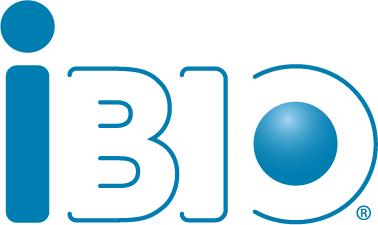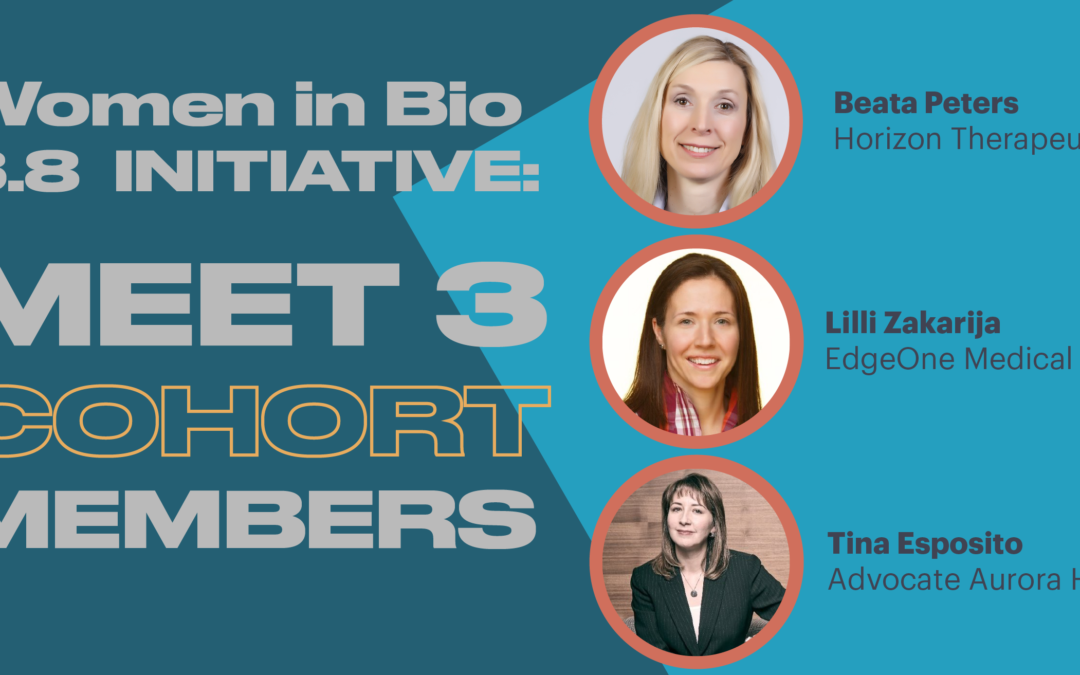Submission deadline is January 25, 2021
By Jed Weiner
iBIO News Contributor
White Oak Communications
Twenty-first century leaders recognize that diversity of thought results in better business outcomes. In a perfect world, that fact would lead to more diversity in c-suites and board rooms. Unfortunately, unconscious and conscious biases are deeply engrained. The Women in BIO – Chicago 3.8 Initiative (named after International Women’s Day, March 8) is designed to contribute to greater equity and better business outcomes by diversifying startup board rooms.
The 3.8 Initiative enables mid-career women to access the opportunities and benefits that startup board service can lend, while also combatting the perception that qualified women do not exist for those roles. According to Maryam Saleh, 3.8 Initiative co-founder and executive director of the Ed Kaplan Family Institute for Innovation and Tech Entrepreneurship, “This program was built to improve gender diversity at the leadership level for all companies, but more intentionally to connect and bring more women’s perspectives to the startup community. We launched in Chicago where few women currently occupy seats on local healthcare startup boards – our goal is to build a hands-on approach to diversifying the startup board composition.”
During last year’s inaugural, 10-month program, the 3.8 Initiative prepared 10 women for startup board service, built bridges between the talented mid-career women and startups looking for advisors or independent board members, and created a safe space for the first cohort to connect and build their networks. “We are providing one-on-one mentorship, executive coaching, startup board resume consultations and exposure to our strong network of innovation executives, supporters, startups, accelerators, incubators and industry leaders,” said 3.8 Initiative Co-founder Dimitra Georganopoulou.
Personal Perspectives from the Cohort
Earlier this month, iBIO interviewed three members of the 2020 cohort to obtain participants’ views of the 3.8 Initiative. Below are some of their observations, edited for space considerations.
What motivated you to join the first 3.8 Initiative cohort?
Tina Esposito, Chief Health Information Officer, Advocate Aurora Health:The ability to talk with and learn from true subject matter experts was an incredible opportunity. I recognized and appreciated that the program was designed to do something meaningful around gender gaps and other diversity issues. I couldn’t walk away from that.
Beata Dowling, VP Financial Planning and Analysis, Horizon Therapeutics: As a business leader, you’ll never know everything. I’ve always been a proponent of my own development, always curious to learn and grow. I have encouraged my teams to include learning and development to further their knowledge and experience. For me, this has allowed me to take on new roles and expand into new areas.
Lilli Zakarija, President & CEO, EdgeOne Medical: I had already spent a lot of time mentoring startups on strategy and product development, so learning how to prepare to be on a board would enable me to contribute to a startup in a more meaningful and sustained way.
What aspects of the 3.8 Initiative did you find to be the most gratifying or enlightening?
Ms. Zakarija: The program highlighted the importance of finding a personal passion and connecting an opportunity to serve on a board with that passion. Passion is critical to a successful tenure on a board. Getting to know a group of very accomplished businesswomen in the Chicago area was also quite gratifying.
Ms. Dowling: We had the opportunity to hear directly from functional experts, such as attorneys, scientists and CEOs. They all gave honest and transparent guidance, as well as sharing their career progression and experiences as a board member. In addition, this has been a great experience to meet fantastic female leaders who are pursuing this new opportunity.
Ms. Esposito: I learned about areas that I didn’t have experience with, so to get time with experts in these topics was wonderful, as was the ability to talk through the lessons with my cohort peers and to learn from each other.
What would you say to someone who is considering apply for the 2021 cohort?
Ms. Dowling: It’s a great program. You need to want to do it, make time for it and be committed to it. If being on a startup board is important to you, this is a way to explore it in a very professional matter.
Ms. Zakarija: If you feel you’ve come to a point in your career where you’ve mastered functional areas and you want to share your expertise for a higher purpose, this program is for you. If you want another opportunity to challenge yourself, to expand network, and to contribute by sitting on a startup board, submit your application.
Ms. Esposito: You’d want to be at point in your career to appreciate where board members can be effective by providing strategic counsel and oversight, rather than tactical recommendations. Make sure you have the time to invest so you can learn. If you’re ready, do it, don’t wait!
At the conclusion of her interview, Tina expressed deep appreciation for the 3.8 Initiative co-founders addressing the diversity gap on startup boards. She felt humbled by their investing their personal time to create a program for the betterment of others.
iBIO shares Tina’s gratitude and embraces the vision articulated by 3.8 Co-founder Holly Copeland, Horizon’s senior director of Corporate Social Responsibility, Sustainability & Impact: “Our hope is that in five or 10 years, we can all look back at this time with a lot of pride, knowing that programs like 3.8 helped to drive systemic change; that the presence of more women in board rooms has led to better business decisions, more economic empowerment, and a shifting perception across communities of how and where women can show up and express agency.”
For more information about the program and to apply for the 2021 cohort before the January 25th deadline, visit https://www.womeninbio.org/page/chicago38.

